The REPGOV team is led by Professor Anthony Bertelli at the Institut Barcelona d’Estudis Internacionals (IBEI) and includes researchers Silvia Cannas, Zsuzsanna Magyar, Katerina Sharova, Iker Uriarte and Marika Csapo. The project is managed by Alba Solà-Garcia.
REPGOV is funded by an Advanced Grant from the European Research Council.
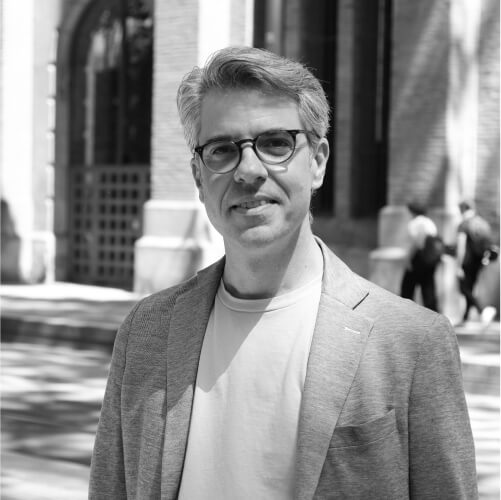
I am the principal investigator of the REPGOV project and have been interested in the uneasy relationship between public administration and democracy for over twenty years. My recent book, Democracy Administered: How Public Administration Shapes Representative Government (Cambridge University Press, 2021) forms the basis for this project. Because of my long-standing interests, REPGOV presents me with perhaps the most important opportunity of my academic career.
My story began in Sharon, Pennsylvania, where I was born and raised. After graduating from the University of Pittsburgh (1992) with dual degrees in economics and business, I earned my MA in economics at the Pennsylvania State University (1994), JD from the University of Pittsburgh School of Law (1997), and PhD, studying the judicial reform of administrative agencies, from the University of Chicago (2001). Since then, I have served on various university faculties including the University of Southern California, the University of Manchester, the University of Birmingham, New York University, and Bocconi University. I am currently on the faculty of the Pennsylvania State University, where I hold the Douglas S. and Joyce L. Sherwin Chair in the College of the Liberal Arts Honoring Frank Whitmore. Here at the Institut Barcelona d’Estudis Internacionals, I am a Senior Research Fellow. I am an elected member of the National Academy of Public Administration and the Hall of Fame of Sharon High School. I have broadly studied the role of political institutions in shaping public policy outcomes and organizational structures in both American and comparative settings. My academic work includes more than fifty articles and five books, including Madison’s Managers: Public Administration and the Constitution (Johns Hopkins University Press, 2006). Writing that book with my mentor and friend Laurence E. Lynn, Jr. was, in retrospect, a major step in shaping the REPGOV research agenda. When not in Barcelona, I can be found at home in Philadelphia or State College, Pennsylvania.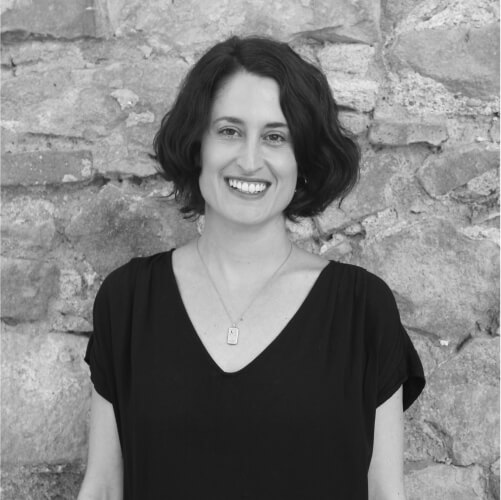
I am from Barcelona, and I am the Project Manager of REPGOV. I contribute to the overall coordination of the tasks required to meet the project goals.
After my degree in Humanities at the Universitat Pompeu Fabra (2009), I decided to specialize in Literature with a first MA in Creative Writing at the same university (2010) and a second MA in Latin American Literature at the Universidad Complutense de Madrid (2011). I explored the dictatorship’s political horror conveyed and represented on literature artifacts. This interest started my path towards multidisciplinarity, and Memory and Cultural Studies, leading me to new academic horizons: after a while, I decided to move to the United States to enroll in a PhD program.
I recently received my PhD from the Department of Hispanic and Portuguese Studies at the University of Pennsylvania in Philadelphia (2021), for my dissertation “Campesinos, punks y charnegos. Luchas autónomas por la descolonización del pasado y del territorio en las periferias urbanas de Barcelona (1970-1992)”. Through intense archival research and built upon Cultural, Urban and Memory studies, as well as oral interviews, my dissertation proposes a counter-history of the transitional period from Franco’s dictatorship (1939-1975) to democracy through the analysis of Barcelona’s urban peripheries, its collective memory and its cultural production, one that contests the official historical discourse mobilized by the transition and its consensus, embedded in the governance structures.
REPGOV engages with my research in a shared interest: How are democratic values conceived, imagined, shaped and experienced? How is the state’s legitimacy built, and how does it convey collective values and meaning? In this quest, History and the repertoire of collective accounts of the past (through different forms of memory and cultural production) is certainly one of the cornerstones. The past contains multiple experiences of encounters between the state and the citizens through different administrative structures, and these experiences configure a particular collective memory about institutions, governance, and democratic values.
Complementing my dissertation, I developed the digital archive Memoria(s) de la periferia de Barcelona, which contains part of my research. I hope to continue to expand it in the coming years while working with the REPGOV team.
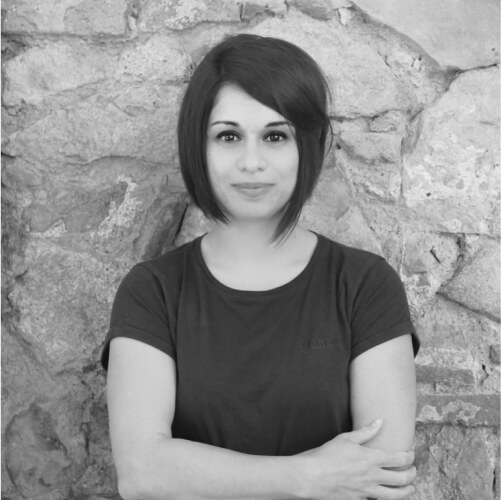
I am the Research Coordinator of the REPGOV project. I support, facilitate, and coordinate research activities. In addition to contributing to the research projects in which I am directly involved, my primary role is to work with our research assistants and graduate students to ensure that all projects proceed as planned. I am also engaged in data management and data protection activities.
I graduated from Università di Roma “Sapienza” with a degree in Law (2017). For me, the study of law was a vantage point to understand the way people regulate their coexistence. Studying laws, but above all, observing the way they are interpreted in different eras, allows us to grasp the value system of a people. This aspect of the law has always been absolutely fascinating to me!
Over the last several years, I have also been interested in the way individuals structure their beliefs and behaviors as a result of social interactions, and in the reasons why these mechanisms are relevant to tackling public issues. Thus, after obtaining my law degree, I decided to pursue a PhD in Public Policy and Administration at the Università Bocconi. My dissertation examines the process of trusting the healthcare system. In doing so, it focuses on the importance of human interactions as a means of making sense of the world and for developing one’s own attitudes toward the system. In addition, my work emphasizes the need for the social sciences not to forget the importance of the affective dimension of individuals in the study of social phenomena.
REPGOV, and particularly the behavioral component of the project, allows me to combine my legal background with the way that I think about the world. This is because the project explores how human values and the democratic belief system of individuals (and policy workers, specifically) are shaped by encounters with democracy.
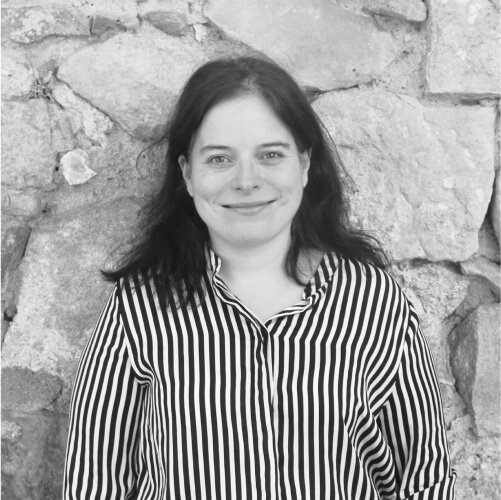
I am a postdoctoral fellow at the REPGOV project. I have received a Ph.D. in Political Science and an MS in Statistics from the University of California, Los Angeles, in 2017. I was born and raised in Hungary, but I earned my BA in Economics from Osaka University, Japan and an MA in Political Science from Kobe University, Japan. I speak Hungarian, Japanese, English and I am planning to work on studying Spanish and Catalan as well this time!
My primary interest lies in how people (and politicians) use political institutions to channel their collective interests to the political system, and how they achieve their political goals. In modern democracies, parties are the main vehicles of political participation, however, a party need not necessarily reach its goals. I am interested in why politicians form independent (small) parties, and how these small parties compete and cooperate with each other to become bigger or to be a pivotal player in the party system in order to become part of the government. I am interested in parties, pre-electoral and post-electoral coalitions of parties in and out of government, in short, I am interested in party systems. I am also interested in how we can best numerically summarize difficult concepts, such as a small party, pivotalness, party competition, and the structure of the party system. I have published papers on the measurement of party systems, on the historical development of parties and on party coalitions in parliamentary and presidential democracies.
In addition, I am also interested in the supporters of these parties. To me, it is fascinating that people vote for parties that seemingly have little chance to govern. I believe that voters also consider the strategic game that the parties play with each other and weigh the possibility that these parties can become successful as the champions of particular policies within an alliance. I have worked on measuring how people place single issue parties within the party system. Specifically, I have investigated how green parties and the environmental issue fits into the traditional understanding of Left-Right ideology space.
I am excited to work on questions of political representation and the interaction between policymakers and party governments at the REPGOV project. I believe that policy workers have to navigate the ever-changing political landscape and policy environment during their careers. I am interested in measuring policy continuity, policy change and policy uncertainty during political changes, and I plan to examine which bureaucratic systems are more/less resilient to these changes.
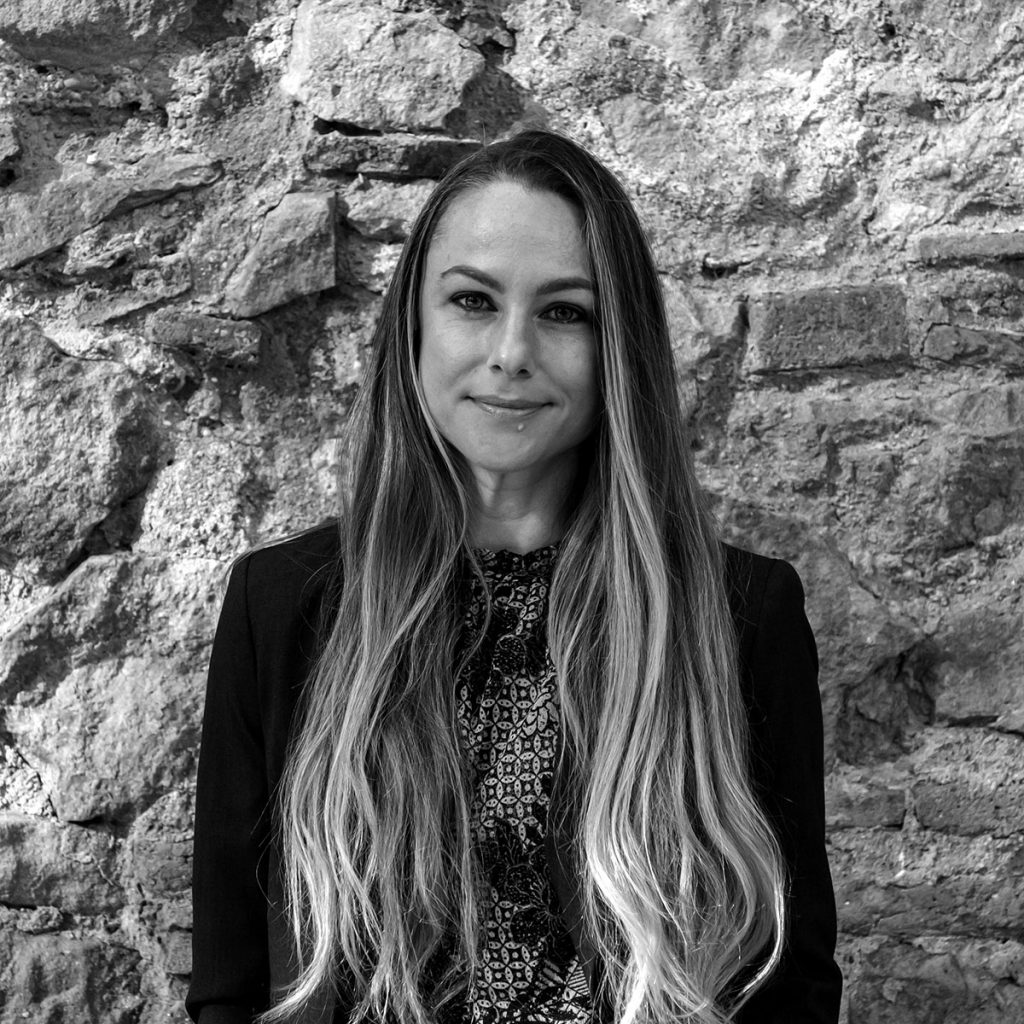
I am a postdoctoral research fellow with the REPGOV project. I hold a PhD in Political Science and an MS in Statistics from UCLA. My research focuses on distributive politics in democratic societies, with a particular interest in disparate policy influence and outcomes in unequal democracies. Substantively, much of my work deals with applications in the politics of health and health policy.
In my doctoral dissertation I explore one of the great challenges unequal democracies face in creating fair policy outcomes: the fact that voters who depend most on the state to meet their most basic needs tend to have high demand for a diverse set of public services, all of which must compete with each other for state resources. The mechanics of procedural democracy incentivize vote-maximizing representatives to make policy decisions that prioritize the interests of voters with fewer and more concentrated demands on the state over those of dependent voters prone to higher-dimensional policy demands. I provide empirical support for this claim using a quantitative case study on the local provision of health services in Brazil. My analyses employ data from an original survey, public budgets and health outcomes. Another branch of my research draws on political psychology to understand how the narratives individuals construct surrounding traumatic experiences (including violence victimization) influence their (dis)propensity toward pro-social political attitudes including support for democracy and support for redistributive social policies.
I am drawn to the work of the REPGOV project because it addresses themes inherent in my own work: how democratic social norms are formed at the individual level, how these values are consequently distributed at a societal level, and how they translate into policy-making, policy-implementation, and policy-outcomes.
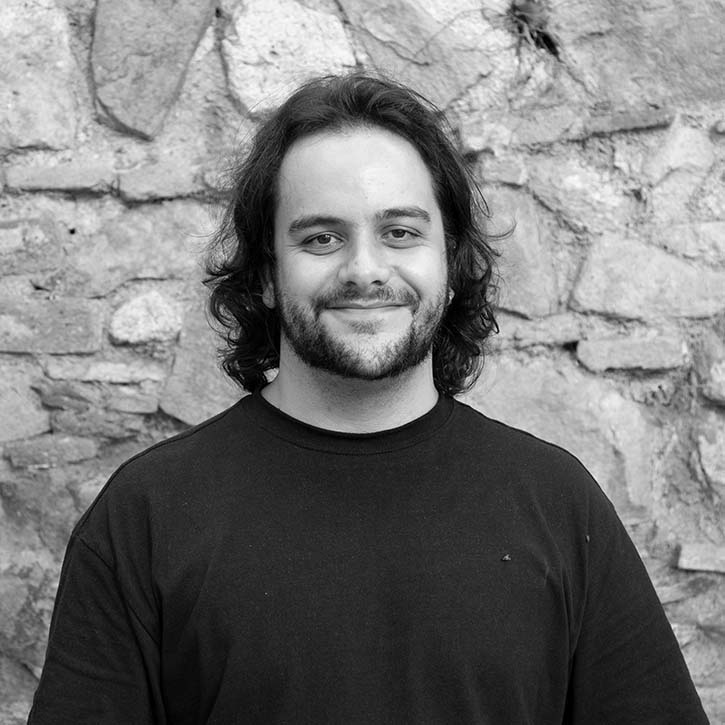
I am currently a PhD student at the Pompeu Fabra University and a predoctoral fellow at the REPGOV project. I have a BA in sociology from the University of Salamanca and a Master’s degree in political and electoral analysis from the Carlos III University – Juan March Institute. I was born in Mexico, although I was raised in the Basque Country, Spain.
From a very early age, I have been exposed to complex cultural and political realities that would often overlap. Both as an immigrant and a citizen growing up in a society divided by politically contested national identities, I have always been interested in the ways we build our communities integrating different points of view while remaining committed to democratic principles. In the end, this interest relates to deeper questions about who I am and where do I belong.
Public services are one of the most important points of contact between citizens and the state, and access to local public services one of the most direct ways in which politics enters the life of citizens. They define the boundaries of membership in a political community, give meaning and content to citizenship, and influence the way in which people understand their rights and standing in society. REPGOV has given me the opportunity to dive deeper into the relationship between democracy and public administration, and hopefully my dissertation will be able to help shed some light on some of these topics!
When I am not being a full-time nerd, I love watching any kind of film from the most harmless chick flick to the classical five-hour long Iranian art film as long as the company is good enough, and I also have a successful side project as a failed musician playing bass guitar.
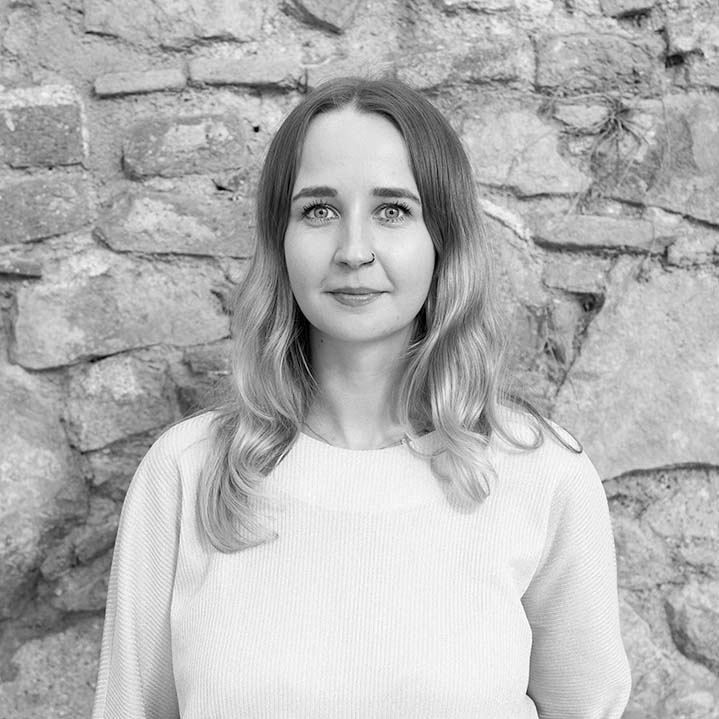
I am a predoctoral fellow at the REPGOV project and a PhD student at the Department of Political and Social Sciences of Pompeu Fabra University. I have a Master’s degree in International Public Policy from Fudan University in Shanghai, China, where I also worked as a research assistant at the Centre for Taiwan Studies, and a Specialist degree (equivalent to a Master’s degree) in Economics from St. Petersburg State University of Economics, Russia. I also spent an exchange semester at King Juan Carlos University in Madrid in 2013-2014.
During my studies, I was actively involved in international volunteering and had the opportunity to live and work in the United States, Spain, Iceland, and Germany, as well as travel to Australia and New Zealand. These experiences sparked my interest in what I called “intercultural communication” and led me to change my major to international relations and political science. From my first lecture on political theories at Fudan University, I knew I was in the right place. It was also then that I realised I wanted to pursue an academic career.
With this in mind, I set out to find the “perfect research question” after graduating from Fudan University in 2019. My previous exposure to the humanitarian nonprofit sector led me to Spain for a European Solidarity Corps project and eventually to the position of Information Management Officer at UNICEF Venezuela. My earlier culture-centric worldview was enriched by my interest in how institutions work, while the data-driven nature of the position reminded me how much I missed research. It was time to return to academia. The only thing missing was the research question.
When I came across the REPGOV project, everything fell into place. Having lived in Russia, China, and Venezuela, it is now time to study democracy and make the connections between culture and institutions. In my dissertation, I want to explore the role of complementarity (or contradiction) between organisational structure and culture in reinforcing democratic values in Spanish public administration.
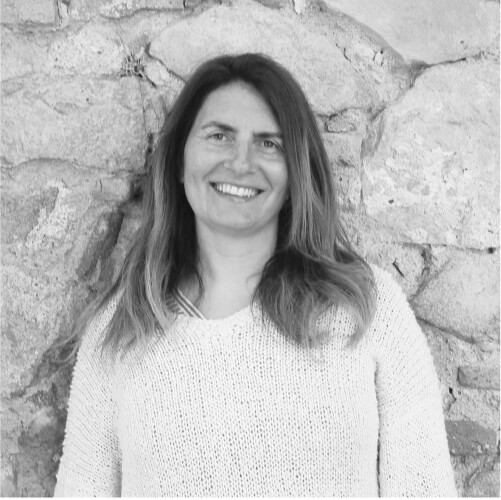
I am a core team member of the REPGOV project. I live in Milan, where I am a faculty member of the Department of social and political sciences at Bocconi University.
My interest in government and the different ways in which we organize collectively our life started quite soon, especially studying ancient Greek (political) philosophers, as many Italians do during their high school years. I then pursued my studies with this broad interest in mind with an undergrad in Government and international organizations at Bocconi University and a Master in public policy and administration at Columbia University. I got a Phd in Public administration and public economics at Rome TorVergata and a PhD in Management at the London School of Economics, focusing my empirical work on the politics of policymaking.
With my colleagues and by now friends of REPGOV, I look forward to exploring the interplay between the administrative action of civil servants and their perception or lived experience of democratic values, as well as the role played by institutions. I plan to do so by looking closer at how those dynamics unfold at the domestic level, as well as in international bureaucracies. I also plan to do so through qualitative research techniques as well as mixed methods.
My works have been published in top journals of public administration and of management.
I have taught in several universities around the world, including in London, Shanghai, New York, Bethlehem-Palestine, and Barcelona. I have been a visiting fellow or scholar at the University of Geneva and at the Graduate Institute of Geneva, LSE, University of Leiden, Columbia University, and UC Irvine. I have been a Fulbright student and scholar.
I am happy to be part of an academic community that is passionate about investigating and interacting with government and governance. I do so also as Senior Editor of the Journal of Public Policy, and as a member of the editorial board of Governance, Public Administration Review, and the Journal of Public Administration Research and Theory.
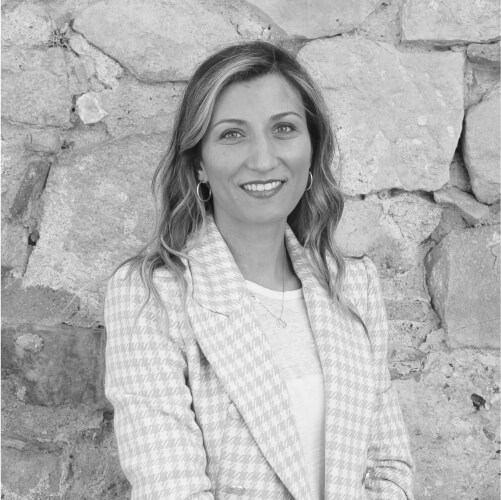
I’m part of the core team of the REPGOV project, which is closely related to my research interests and the application of experimental methods to analyze individual behaviors.
I am a public administration scholar who studies transparency and how the delivery of information mediated by the use of information technologies, impacts public service organizations and citizens.
Through my research, I seek to understand the role of transparency as well as the applications of information and communications technology in the public sector. Furthermore, my works aim to investigate the effect of transparency on citizens’ participation and engagement and identify, more systematically, the mechanisms that affect transparency outcomes. I approach these topics through experimental and mixed-methods studies conducted in Italy, the United States, and the United Kingdom.
Over the last few years, I have been visiting scholars at some of the most reputable universities, such us City University in Hong Kong and New York University in US.
I’m also Field Editor for “Governance and Experimental Methods” for the Journal of Public Policy.
In the REPGOV Project I will be involved, in particular, in the subproject SP4. Through laboratory and survey experiments, the subproject SP4 will draw attention toward predictions about democratic values and organizational incentives operating at the individual level and will aim at answering how formal and informal governance structures shape the individual democratic belief systems of managers.

As a Faculty research associate my contribution to the REPGOV project is twofold. I will be part in the discussion and investigation on how democratic values within public encounters are reinforced by policy workers. My recent interest in SLB Theory and my previous studies on public sector leadership have drawn my attention to REPGOV and its innovative inquiry. The second contribution is linked to my pre-eminent research area of research in cultural policies and arts administration. In this domain, policy workers’ values might influence behaviors and they can be conflicting with the democratic values of the States that policy workers serve, or their organizational values. I am excited to understand how values’ “fit-or-clash” impacts on decision making and individual behaviors in the arts and heritage public sector.
My contributions to REPGOV reflect my background and my current work as an Associate Professor in public and nonprofit management at the Department of Social and Political Sciences at Bocconi University, Milan. In fact, I am the author of numerous books and articles in the public administration and cultural policy field. My works have been published in Public Administration Review, Governance, Public Administration, and in the International Journal of Arts Management and the Journal of Art Management, Law and Society, among the others. I serve also as Editor in Chief for the International Journal of Arts Management and Associate Editor – Europe for the Journal of Philanthropy and Marketing. From 2018 to 2020 I have been Chair of the Arts Management and Arts Entrepreneurship Division at Southern Methodist University, Dallas, USA. And I also have an intense passion for Baroque music, and real Neapolitan pizza!
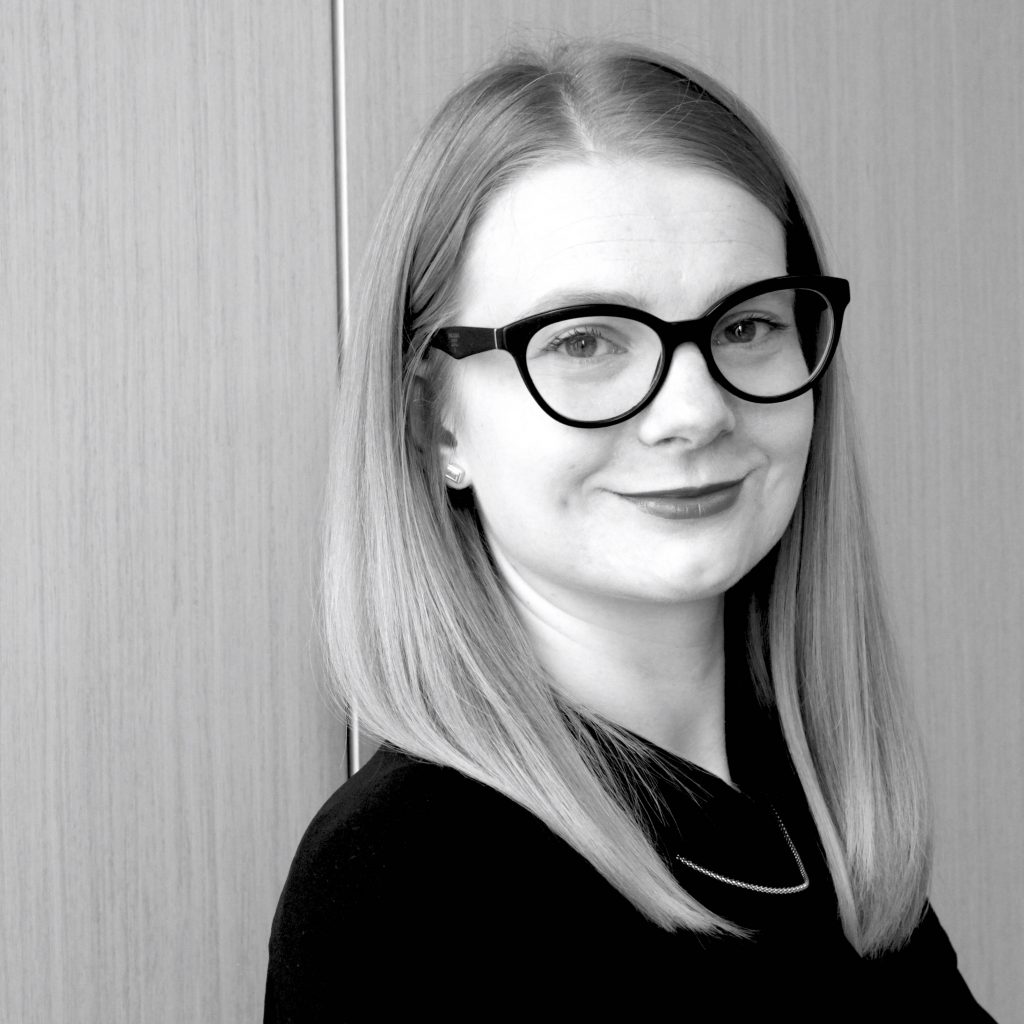
I am a member of the team working on the REPGOV project. I am based in London, where I am a permanent faculty member (Assistant Professor of Public Policy) at University College London’s Department of Political Science and School of Public Policy.
I am a scholar of comparative politics and public administration, who studies how agency relations function in modern governance. I believe that the increasingly complex ways in which governments enact their policies – for example, the ever-lengthening chains of delegation from sovereign power to point of service delivery – demand the closer study of how agency relations play out in real life. My work has appeared in top political science and public administration journals including the Journal of Public Administration Research & Theory, Comparative Political Studies, Governance, and the Journal of Public Policy.
My interest in political science and public administration really flourished when I worked at the European Commission as a Policy Officer in the Directorate-General for Education and Culture. There I was exposed to all manner of different configurations of bureaucracies and was able to experience first-hand the impact that they have on our daily lives as citizens. Wanting to be able to study the political determinants of bureaucratic outputs more in-depth, I decided I needed training in quantitative methods and went to pursue this goal at Bocconi University (Milan) for my PhD. From there, I spent a year as a Fulbright Scholar at Harvard University and then went on to undertake my postdoctoral studies at the European University Institute as a Max Weber Fellow.
As part of REPGOV, I will be especially involved in Stages 2 and 4 of the project, where I will be bringing my expertise on accountability and institutions to bear on the question of the trade-offs that bureaucrats face when applying administrative discretion and how they square their own ideas about democracy with their role within the state managers.
Dayo is a sophomore majoring in International Politics and minoring in French. She is interested in a wide variety of issues, including globalization and international affairs. Outside of schoolwork, Dayo enjoys rock climbing and writing poems.